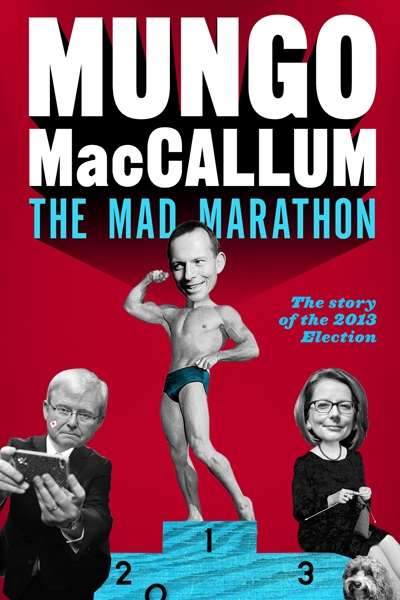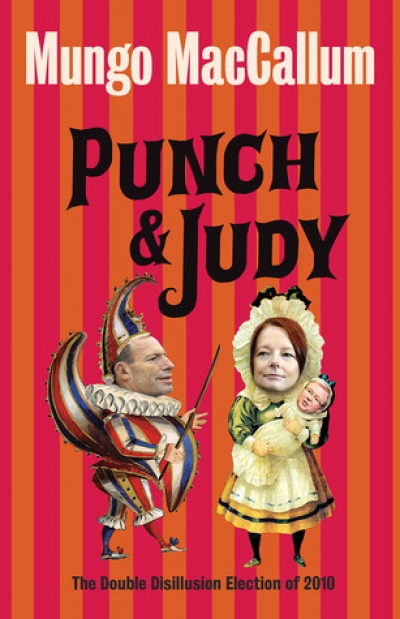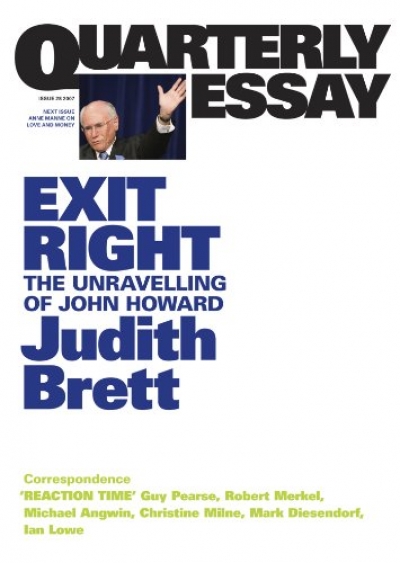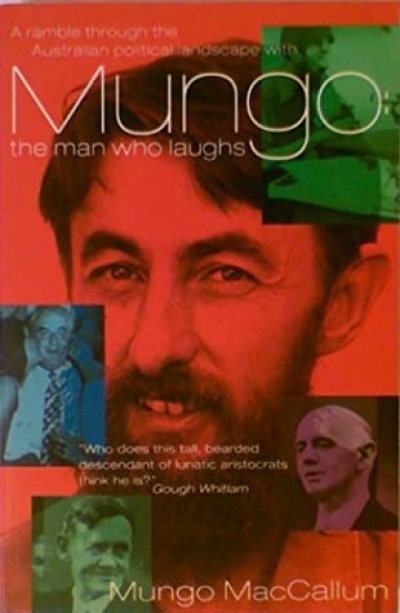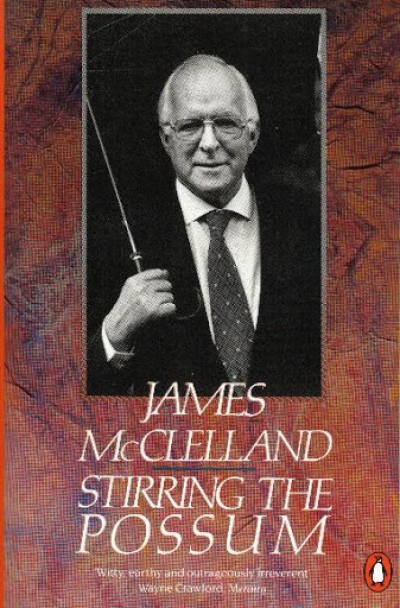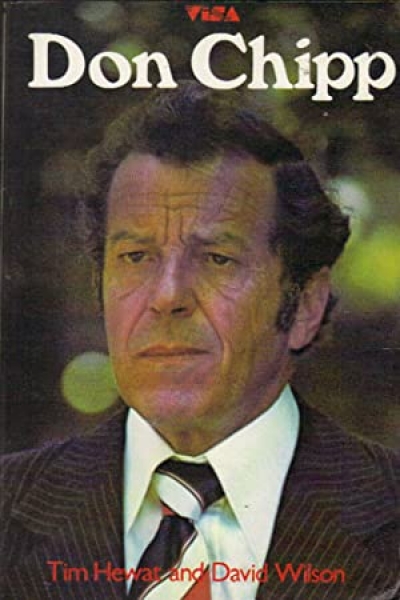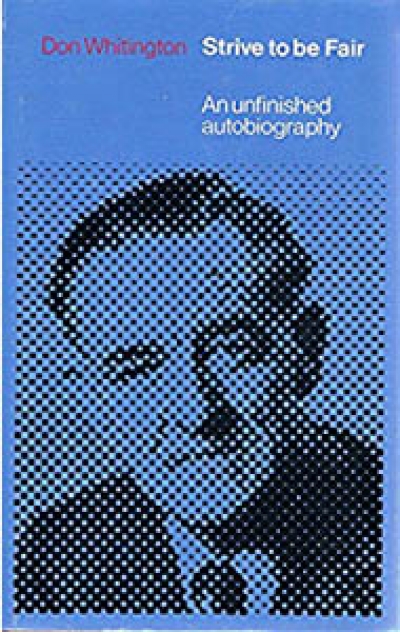The 2010 federal election fell on my wife’s birthday: 21 August. Being political tragics, we didn’t stop for birthday cake. Instead, we handed out roughly 1600 how-to-vote cards for the Australian Labor Party in suburban Melbourne. Our local polling booth is the Vista Valley Kindergarten, in Bulleen. This kindergarten cum polling booth, which sits in more of a gully than a valley and offers no vistas, is located in the north-eastern corner of the electorate of Menzies, held by ultraconservative Liberal frontbencher Kevin Andrews. The battle for Vista Valley mirrored the national poll. In the Vista Valley count, the ALP’s primary vote collapsed, the Greens’ soared, more people voted informal than backed Family First, yet, thanks to the preferences of Greens voters, Labor fell across the line by four votes.
...
(read more)

